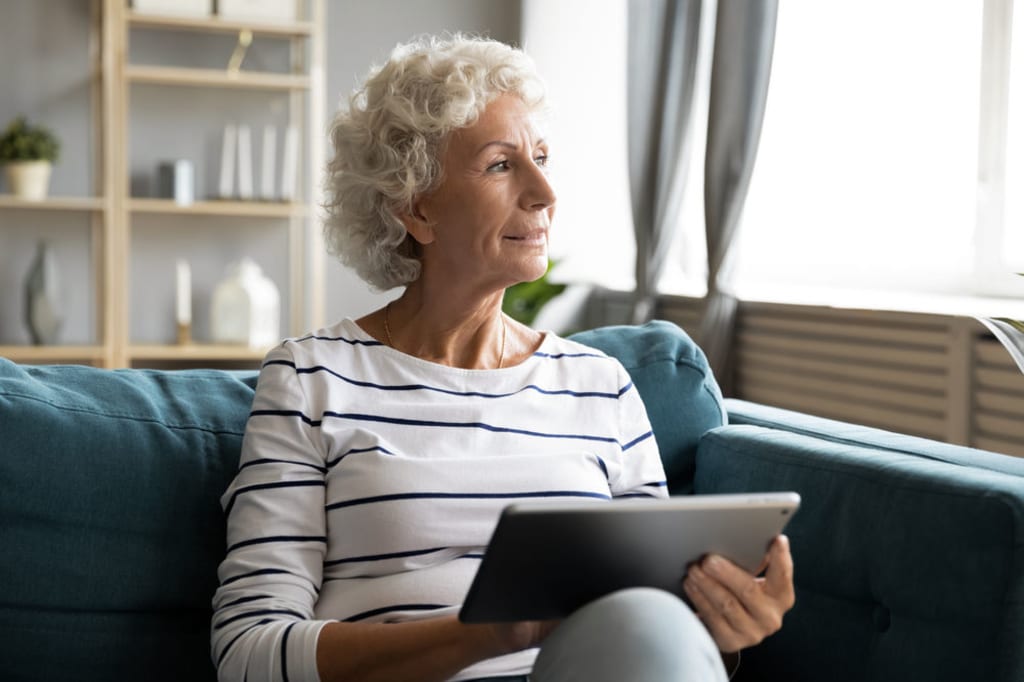
As part of Boris Johnson’s road map to releasing the lock down, people who are considered medically vulnerable or at higher risk than others of contracting Covid 19 are now being told they should stop shielding and follow the same rules and regulations as everyone else. This is to help ensure society can open fully and strengthen the economy which is suffering due to the fact that people have had to stay in their homes under lockdown for such a long time. A new set of advice and guidance has been created for those people who may be venturing out for the first time following the shielding period. They are being told to visit places such as supermarkets or other stores when it may be quieter and there is less risk for them to be coming in to contact with anyone who may be displaying symptoms of the virus or may have it unknowingly.
The new guidance issued by the government states that people who are considered vulnerable should be offered a third, booster dose of a recommended Covid 19 vaccine to ensure that they have as much immunity as possible to prevent them from contracting the virus. At a time when people may have more worries now due to the introduction of the Delta variant of the virus, first detected in India, we have to ensure that as many people as possible have full protection to avoid them unneccarily having to be admitted to hospital, and the NHS being overwhelmed. The third booster dose could be offered along side the seasonal flu vaccine which people are recommended to have every year.
The third booster dose of the vaccine, is recommended to be given to:
Adults aged 16 years and over who are immunosuppressed
Those living in residential care homes for older adults
All adults aged 70 years or over
Adults aged 16 years and over who are considered clinically extremely vulnerable
Front-line health and social care workers
Clinically vulnerable people are still being advised to take as many precautions as possible when meeting other people and perhaps have meetings using online platforms such as Zoom etc. This is all to ensure that they don’t inadvertently come in to contact with the virus and become seriously ill. The new guidance suggests:
Meet outside if possible – the particles containing the virus that causes COVID-19 are quickly blown away which makes it less likely that they will be breathed in by another person
Make sure the space is well ventilated if you meet inside; open windows and doors or take other action to let in plenty of fresh air – please see the COVID-19: ventilation of indoor spaces guidance for more information
Consider whether you and those you are meeting have been vaccinated – you might want to wait until 14 days after your second dose of a COVID-19 vaccine before being in close contact with others
Wash your hands regularly and avoid touching your face
Consider continuing to practice social distancing if that feels right for you and your friends
Asking friends and family to take a lateral flow test before visiting you
Contrary to the new advice and guidance which has been issued, many people from vulnerable groups may not feel confident enough to go out in public as they will have been shielding for over a year. They will just have to take it easy and attempt to go out more slowly so that they can return to normal life again and begin to do what they are best at. This will help to strengthen the economy and avoid any more businesses having to close down as the number of people using different businesses will have diminished during lock down and will have affected people’s livelihoods. Many people will have had to go on state benefits such as Universal Credit to help make ends meet and provide for their families. During the road map to releasing the lock down, different businesses have been opening at different stages to avoid too many people being in one place at one time. Now that all restrictions have been lifted, society should return to how it was before the pandemic but include wearing face coverings in particular areas. People will have to exercise their own judgement to assess whether they feel safe in particular situations or locations.